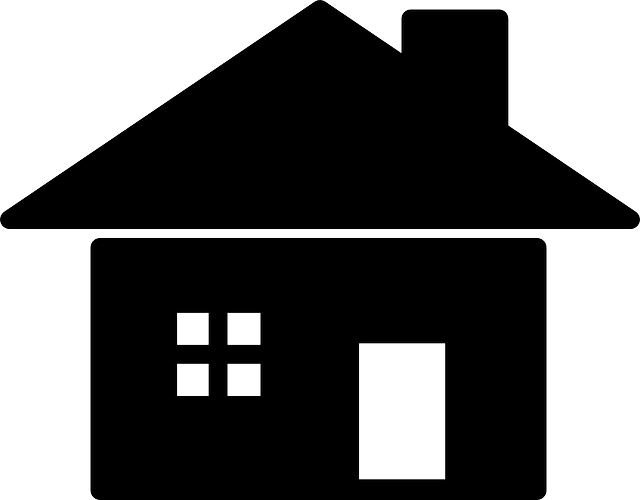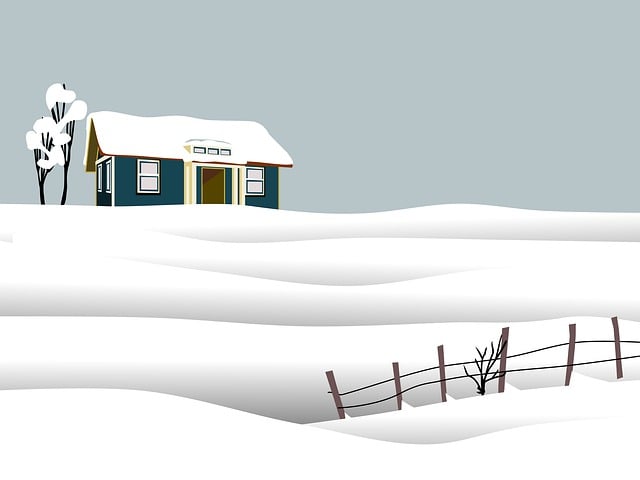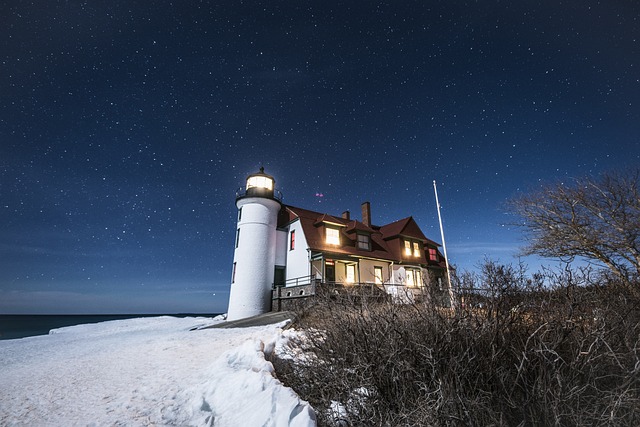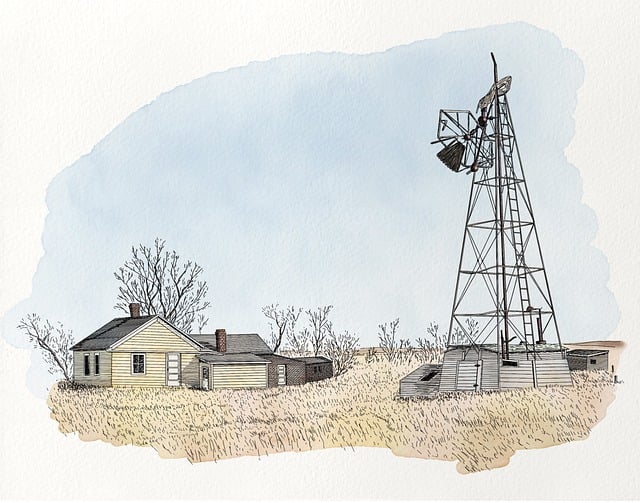House sitting for a vacation home involves a detailed set of responsibilities to maintain and secure the property as if it were permanently occupied. This includes managing mail, plant care, climate control, and monitoring for maintenance needs or potential hazards. A house sitter must be skilled in overseeing the home's systems, such as alarms, plumbing, and electricity, especially during emergencies. The role requires a deep understanding of the home's features and a proactive approach to ensure its safety, functionality, and long-term preservation. To prepare for an extended absence, property owners should create a detailed checklist, secure entry points with high-quality locks, install advanced security systems with remote monitoring capabilities, and maintain all systems like HVAC. Employing IoT devices and professional house sitting services further enhances the ability to manage the home remotely. These services provide real-time updates on the property's status and offer a reliable alternative to traditional security solutions. Advanced technology has made it easier for vacation homes to be managed remotely, with smart systems controlling lighting, heating, and cooling. House sitting is crucial in areas with extreme climates to protect against weather damage throughout the year. Additionally, implementing energy-efficient practices like LED lighting and renewable energy sources can reduce costs and environmental impact. Legal and insurance considerations are also paramount, as temporary management may require specific permits or coverage updates to ensure compliance and protection against losses or liabilities. Ensuring that all legal and insurance requirements are met is a critical aspect of responsible house sitting.
navigating the responsibilities of house sitting for vacation homes demands a blend of proactive planning and responsive action, ensuring your secondary residence remains well-maintained whether you’re away for a season or a year. This article delves into the essentials of preparing your property for extended absences, leveraging technology to monitor your home remotely, addressing climate impacts, optimizing energy usage, and understanding the legal framework within which house sitting operates. Each section provides valuable insights tailored for homeowners seeking peace of mind while away.
- Understanding the Responsibilities of House Sitting for Vacation Homes
- Preparing Your Vacation Home for Long-Term Absence: A Comprehensive Checklist
- The Role of Technology in Monitoring and Maintaining a Vacation Home Remotely
- Key Considerations for Climate and Seasonal Changes in Vacation Home Maintenance
- Strategies for Energy Efficiency and Cost-Effective Upkeep of Your Second Home
- Legal and Insurance Aspects to Consider When House Sitting for Extended Periods
Understanding the Responsibilities of House Sitting for Vacation Homes

When considering house sitting as a steward for a vacation home, it’s crucial to grasp the full scope of responsibilities involved. House sitters are tasked with maintaining the property as if they reside there permanently, ensuring its upkeep and security in the owners’ absence. This includes routine tasks such as checking mail, watering plants, and adjusting heating or cooling systems to prevent excessive energy usage or damage from extreme weather conditions. Sitters must also remain vigilant, reporting any maintenance issues promptly to avoid minor problems from escalating into major repairs. Regular inspections of the property are necessary to identify potential hazards or wear and tear that could impact the home’s integrity over time. Additionally, house sitters should be familiar with the home’s systems and features, such as alarm systems, plumbing, and electrical components, to manage any emergencies effectively and preserve the property’s condition. The role of a house sitter extends beyond mere occupancy; it encompasses a comprehensive approach to caretaking that preserves the vacation home for future visits and enjoyment by its owners. Ensuring the safety and functionality of the property requires diligence, attention to detail, and a proactive mindset to handle the responsibilities of house sitting effectively.
Preparing Your Vacation Home for Long-Term Absence: A Comprehensive Checklist

When preparing your vacation home for a long-term absence, it’s crucial to take proactive measures to ensure its safety and preservation. A comprehensive checklist for house sitting should include securing all entry points, as this deters intruders and protects your valuables. Invest in high-quality locks and consider a reliable home security system with remote monitoring capabilities. This technology can alert you of any unusual activity, allowing for swift response to potential issues.
Additionally, maintain the property’s systems by setting the thermostat to a moderate temperature to prevent pipe freeze or overheating, which could lead to costly repairs. Regular maintenance checks should be scheduled before your departure; this includes inspecting the roof, plumbing, and electrical systems for any potential problems that could escalate in your absence. Landscaping should also be managed through automated systems or with the assistance of a trusted neighbor or local service provider to keep the exterior looking maintained. By following these steps, you can ensure that your vacation home remains in optimal condition, even when you’re miles away. House sitting services or reliable contacts can provide an additional layer of security and care for your property, offering peace of mind during your extended absence.
The Role of Technology in Monitoring and Maintaining a Vacation Home Remotely

With the advent of sophisticated technology, maintaining a vacation home remotely has become more accessible and efficient. Homeowners can leverage advanced security systems to monitor their property in real-time, with features that include motion detection, live video feeds, and alerts for any unusual activity. These systems often integrate with smart home technology, allowing occupants to control lighting, heating, and cooling systems to ensure the home’s comfort upon arrival and to maintain energy efficiency while unoccupied.
Furthermore, house sitting services have evolved, offering a personalized touch through trusted individuals who can live in or check on the property at regular intervals. These house sitters are often vetted professionals who handle tasks ranging from basic upkeep to more complex maintenance issues. Additionally, IoT-enabled devices such as smart locks, thermostats, and sensors enable homeowners to manage access, monitor environmental conditions, and receive updates on the home’s status directly to their mobile devices. This seamless integration of technology empowers vacation homeowners with the ability to oversee their property from any location globally, providing peace of mind and ensuring that their second home is well-maintained and secure even when they are away.
Key Considerations for Climate and Seasonal Changes in Vacation Home Maintenance

When maintaining a vacation home, especially in regions with pronounced climate and seasonal variations, house sitting becomes a crucial practice to ensure the property remains well-maintained and secure throughout the year. Property owners must consider the specific environmental conditions that their home will face, from scorching summers to frosty winters. Insulation and heating systems are particularly important in areas with extreme temperature fluctuations; they should be efficient enough to protect the home and its contents from damage due to cold or heat. Similarly, roofs and windows must be designed to withstand local weather patterns, preventing water intrusion and maintaining energy efficiency.
House sitting services can provide a watchful eye on your vacation home when you’re away, addressing issues as they arise and performing regular checks that align with the seasonal demands of the property. This includes tasks such as clearing gutters before autumn leaves turn them into dams, winterizing plumbing systems to prevent freeze-ups, and ensuring that cooling systems are ready to counteract the heat of summer. Regular maintenance by trusted house sitters also helps in detecting potential problems early, reducing the risk of costly repairs and safeguarding the home against the ravages of seasonal changes. With careful planning and the right support, vacation homes can be maintained in peak condition regardless of the climate.
Strategies for Energy Efficiency and Cost-Effective Upkeep of Your Second Home

Maintaining a vacation home requires a blend of strategic planning and consistent monitoring to ensure it remains energy efficient and cost-effective. One effective strategy is to implement smart thermostats that adjust the heating and cooling systems based on your occupancy schedule, thus reducing energy consumption when the home is unoccupied. Additionally, utilizing LED lighting and energy-efficient appliances can significantly lower utility bills. House sitting services or trusted individuals can be enlisted to periodically visit the property, which not only adds a layer of security but also allows for real-time monitoring of systems and prompt identification of issues that may affect efficiency.
To further enhance energy efficiency, consider investing in solar panels or other renewable energy sources that can power your vacation home partially or fully, depending on your usage needs. Proper insulation and weatherization are equally crucial for maintaining a comfortable environment while minimizing heating and cooling demands. Regular maintenance checks, both visually and functionally, should be scheduled to ensure that all systems, including plumbing and electrical, are operating at peak performance. This proactive approach to vacation home upkeep not only saves money but also contributes to a reduced environmental footprint, making your second home a responsible retreat from the daily grind.
Legal and Insurance Aspects to Consider When House Sitting for Extended Periods

When engaging in house sitting for extended periods, it’s crucial to address the legal and insurance considerations that come with being a temporary custodian of a property. Legally, it’s imperative to understand the responsibilities and liabilities associated with house sitting. This includes ensuring compliance with local laws regarding occupancy, renting out property, and property management. Some jurisdictions may require you to register as an inhabitant or obtain specific permits. It’s advisable to consult with a legal expert to navigate these regulations and avoid any unintentional violations that could lead to fines or other penalties.
From an insurance standpoint, ensure your coverage is comprehensive and tailored for extended house sitting. Standard home insurance policies may not cover a property when it’s unoccupied for extended periods. You’ll need to explore specialized policies that offer all-risk coverage, including protection against theft, vandalism, and natural disasters. Additionally, consider obtaining liability insurance to protect against third-party claims in case of accidents or damages within the property. Verifying the adequacy of your policy beforehand can save you from financial burdens and legal complications later on. House sitting for extended periods requires careful planning and due diligence to safeguard both the property and yourself legally and financially.
When entrusting a vacation home to house sitting services or managing it remotely, diligence in preparation and maintenance is paramount. This article has outlined the comprehensive responsibilities involved in house sitting, from preparing the property for extended absences to leveraging technology for effective monitoring. Homeowners must consider seasonal and climatic adaptations to ensure their second home withstands environmental changes without issue. Energy efficiency and smart cost-saving strategies are essential for maintaining a vacation home while minimizing expenses. Additionally, understanding the legal and insurance implications of long-term house sitting is crucial to protect your investment. In conclusion, careful planning and proactive management are key to successful vacation home maintenance, allowing owners to enjoy their properties worry-free, regardless of their location.
